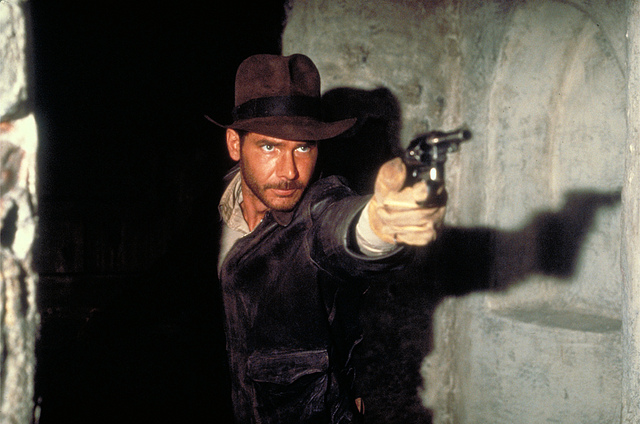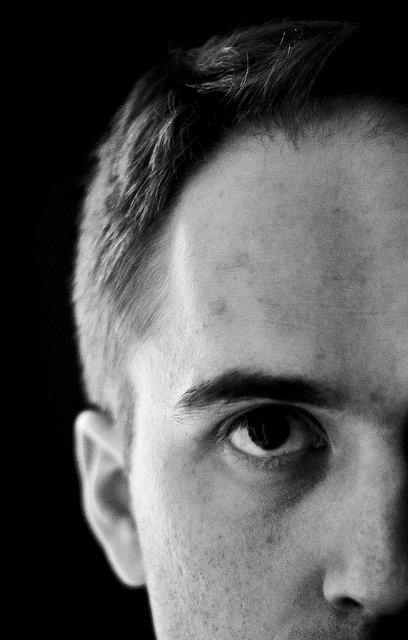blog
My article on ‘The vulnerable coach’ appears in the January/February 2016 edition of Coaching at Work.
Setting out my reflections to the readership of the journal highlights to me my own vulnerability – but if I can’t share my vulnerability I’m setting up a one-way street when I invite clients to be vulnerable. My experience is that my vulnerability can increase the client’s motivation to learn and grow, and if I’m vulnerable I have a greater capacity to be non-judgmental and to compassionately hear the client. My being known to the client nourishes engagement, trust, connection and their feeling of safety – and so enriches the outcomes they create from their coaching.
Subscribers to Coaching at Work can read the article here If you’re not a subscriber, please request a pdf copy from me at lw@lindsaywittenberg.co.uk
Photo by Drew Selby via Compfight
'The vulnerable coach': article in Coaching at Work
My new article on 'The vulnerable coach' appears in the January/February 2016 edition of Coaching at Work. if I’m vulnerable I have a greater capacity to be non-judgmental and to compassionately hear the client. My being known to the client nourishes engagement, trust, connection and their feeling of safety - and so enriches the outcomes they create from their coaching.
Read more »What kind of leader do you want to be?
What kind of leader are you? And what kind of leader do you want to be? What’s the style that gets you best results and feels right to you? When you return to work after a break you may have a more balanced perspective than when you’re in the thick of the pressure. What are you doing to act on the messages that are now clear to you, to become the kind of leader you want to be and to shape the career you really want?
Read more »From peers to direct reports: the senior promotion
When leaders are promoted - and have focused great effort on actually getting the job - there's a risk of not putting enough effort, or not early enough, into making a success of the role once they’re in it. There may be new leadership skills to master - and one of the biggest challenges is to develop new relationships as leader with people who have previously been their peers.
Read more »Women, careers and personal safety
Senior women at work, especially those working part-time, may not be as safe as they would like. They need to develop career resilience: a flexibility in being prepared for – and handling - the unexpected, and learning from tough experiences so as to feel more resourced for the path ahead.
Read more »'Who are you - really?': article in Coaching at Work
Leaders can become so embroiled in their work that they lose their identity: they have so totally dedicated themselves to achieving outstanding results that they’ve lost touch with the boundary between who they are and the job: they are the job.
Read more »Identity and authenticity
For some people change appears unsafe because they fear they'll no longer be who they are. However, it's not behaviour or thinking patterns that define who we are. What inherently and uniquely defines ‘self’ are our deeply held (and possibly unconsciously-held) values, our natural talents, and what we need from our environments if we are to thrive. We each need to understand our true place in the various sets of relationships that comprise our lives - in other words, our systems. Constellations can help.
Read more »Resilience and transition: an intimate connection
The relevance of resilience to what can be the challenging process of transition is striking. Leaders have change imposed upon them through, for example, merger or acquisition, or they may be moving into new roles, to new organisations, new cultures, or new countries. During these transitions they need to rediscover their internal resources and call on (or build) fresh sources of resilience. The path to (re-)building resilience can be eased by written narrative and (re-)discovering purpose and meaning.
Read more »'Surviving poor leadership': new article in Coaching at Work
My article on my role as coach when I'm working with clients who have a very different concept of leadership from mine, or who are in organisations where the quality of leadership leaves something to be desired, has appeared in the Sept/Oct 2015 issue of Coaching at Work.
Read more »Building organisational wellbeing
A meaningful approach to organisational wellbeing will go significantly beyond tactics and process. Building and nurturing wellbeing has to be a way of being (albeit complemented by a set of actions) if it is to bring any significant results. It is part of the organisational culture – how people are with each other. Wellbeing is everyone’s issue: it is systemic.
Read more »'Become the Leader You Are': review by Mark McMordie
Mark McMordie, Director of Coaching at coaching company Coachmatch, reviews Lindsay's e-book 'Become the Leader You Are: Self-Leadership through Executive Coaching'
Read more »











